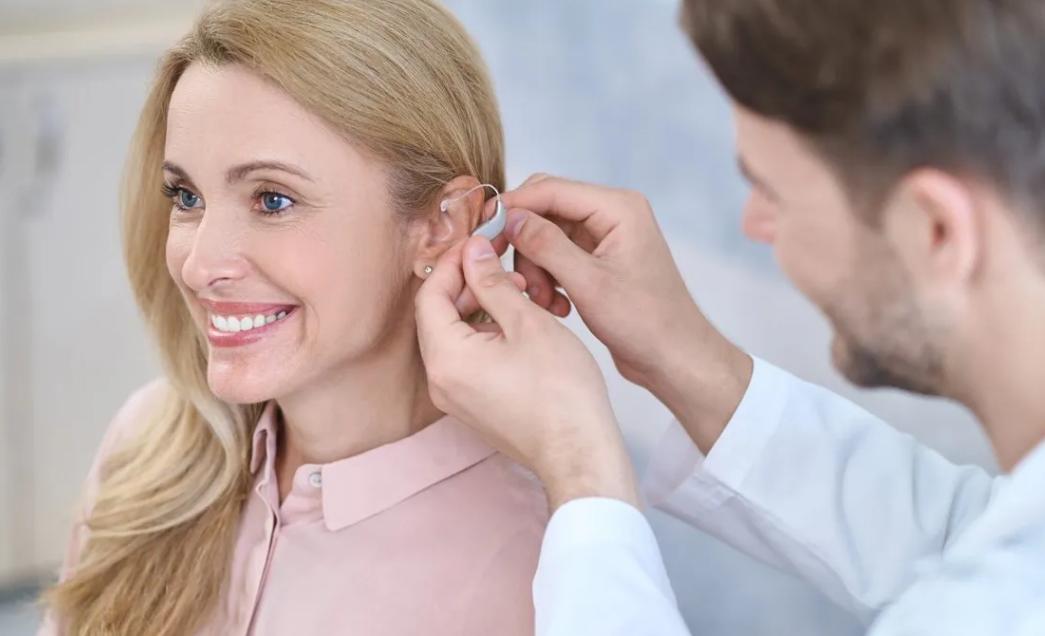Hearing aids are essential for clear communication and quality of life. Over time, they may develop issues, leaving you to decide between hearing aid repairs or a full replacement. Knowing when to fix or upgrade can help maintain optimal hearing and prevent disruptions in daily activities.
When Your Hearing Aid Needs Repair
Even well-maintained devices can encounter problems. Here are some signs that a repair may be necessary:
- Sound Issues: If your device produces weak or distorted sound, it may need cleaning or a component replacement.
- Intermittent Functioning: If your hearing aid works inconsistently, battery contacts or internal wiring could be the issue.
- Whistling or Feedback: Persistent whistling may indicate an improper fit, earwax blockage, or a technical fault.
- Physical Damage: Cracks, broken battery doors, or detached tubing should be promptly repaired.
- Battery Drains Quickly: If you find yourself replacing batteries more frequently than usual, there may be an underlying problem with the device’s circuitry.
In many cases, a professional audiologist can resolve these issues efficiently, restoring your device’s performance without requiring a full replacement. Regular maintenance and servicing can also help prevent future problems.
When It’s Time to Replace Your Hearing Aid
While repairs can extend a device’s lifespan, sometimes replacement is the better option. You may need a new device if:
- Frequent or Costly Repairs: If your hearing aid requires constant servicing, an upgrade may be more practical.
- Changing Hearing Needs: As hearing loss progresses, your current device may no longer provide adequate amplification.
- Outdated Technology: Modern features, such as Bluetooth connectivity, rechargeable batteries, or enhanced noise reduction, may improve your experience.
- Device Age: Most hearing aids last five to seven years. If yours is nearing the end of its lifespan, upgrading can offer better performance and reliability.
- Reduced Comfort or Fit Issues: Over time, the shape of your ears may change, causing discomfort with older models. Newer designs offer better ergonomics and comfort.
Making the Right Decision
If you’re unsure whether to repair or replace your device, consult an audiologist. They can assess its condition and recommend the best course of action based on your hearing needs, lifestyle, and budget.
Maintaining your hearing health is essential, and choosing the right solution ensures continued clarity. Whether you need hearing aid repairs or a new device, professional guidance can help you make an informed decision.


